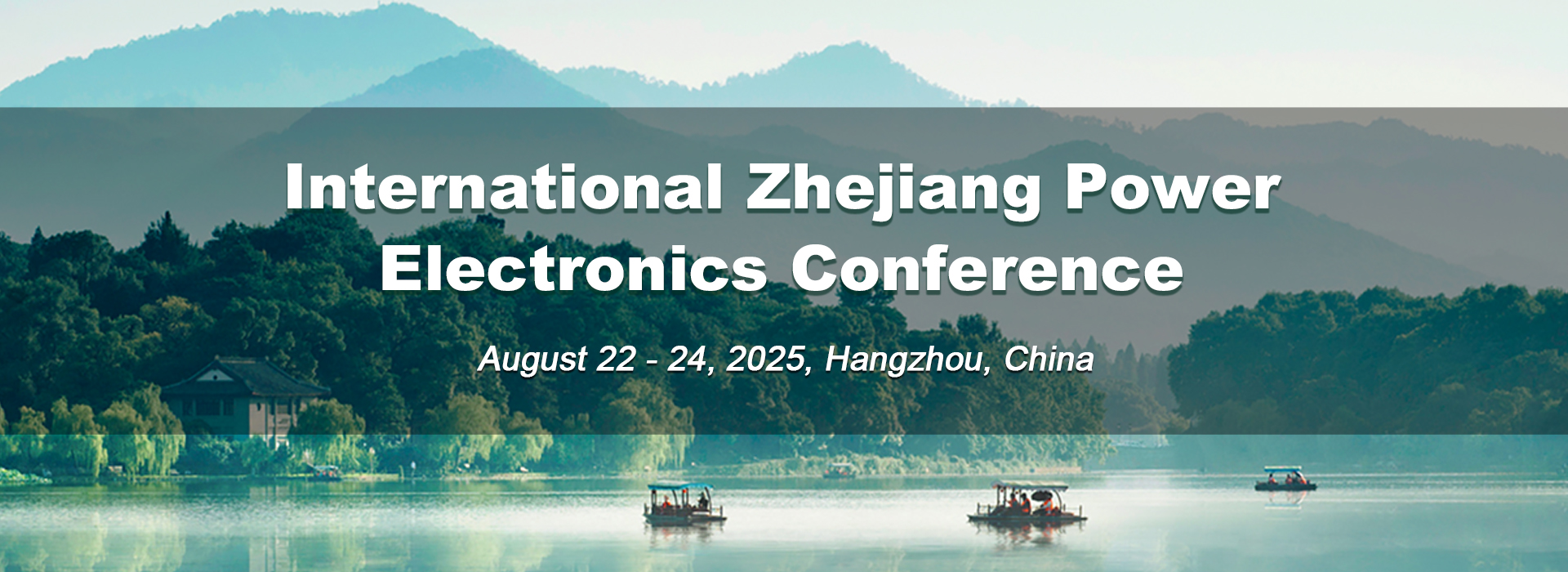
Session Title:
Transforming Power Grids: Renewable Energy Systems as Primary Sources
Brief Introduction:
As we move towards carbon neutrality, more and more renewable and sustainable energy systems will be installed across the globe. Power electronics is the key enabling technology for efficient and reliable utilization of renewable and sustainable energy. In this context, the conventional power grid architecture is transitioning to renewable-based distribution generation (DG) and power-electronic-dominant systems, where early retirements and replacements of conventional synchronous generators (SGs) are common. In conventional power grids, the frequency is governed by such SGs with large rotating inertia. By contrast, power electronics have fast dynamics and almost zero (low) inertia. That is, such inverter-based systems are becoming low inertia or inertia-less, making the system’s frequency less robust. Hence, it requires the power converters that act as the interface for sustainable energy and DG to provide advanced functions to maintain grid stability and controllability. That is, further technologies should be developed for renewable energy systems to transform power grids, where these systems, being the primary energy sources, should be much more active in grid regulation. Accordingly, in recent years, many have developed grid-forming technologies, e.g., virtual synchronous generators (VSGs)/machines (VSMs), virtual oscillator control (VOC), matching control, and others schemes such as virtual inertia control to enable power-electronic-based DGs to provide frequency support. This, to enhance the grid robustness, is demanding. At the same time, there are certain challenges to be addressed. Hence, this Panel Session on Transforming Power Grids: Renewable Energy Systems as Primary Sources is proposed to discuss recent advancements in grid-forming technologies for power-electronic-dominant grids. Preliminarily, progress in standardization and requirements of grid-forming technologies will be covered, as well as the stability modeling and analysis. Various grid-forming control strategies will be overviewed and benchmarked, and advanced operations like black start, transient stability control and system-level coordinative control will be discussed. Finally, the testing methods and scenarios will be briefed to further advance the technologies. All with a background of power electronics, and interested in modernizing the power grid are welcome.
Panelists:
| Seminar Title: Control of Grid-Forming Converters Presenter: Jingyang Fang (Senior Member, IEEE) received the B.Sc. and M.Sc. degrees in electrical engineering from Xi’an Jiaotong University, Xi’an, China, in 2013 and 2015, respectively, and the Ph.D. degree from School of Electrical and Electronic Engineering, Nanyang Technological University, Singapore, in 2019. From May 2018 to August 2018, he was a Visiting Scholar with Aalborg University. From August 2018 to August 2019, he was a Research Fellow with Nanyang Technological University. From August 2019 to August 2021, he was a Postdoctoral Researcher with the Duke University and TU Kaiserslautern. Since August 2021, he has joined School of Control Science and Engineering, Shandong University as a Full Professor. His research interests include power quality control, stability analysis and improvement, renewable energy integration, and digital control in more-electronics power systems. Dr. Fang was a recipient of the Humboldt Research Fellowship, National Excellent Young Scientists (Overseas), three IEEE Prize Paper Awards, one Best Presenter Award, the IEEE JESTPE Star Reviewer Award, and the Best Thesis Award from NTU. He was among the World's Top 2% Highly Cited Scientists ranked by Stanford University. |
| Title:The Extension of Grid-Forming Control of Power Electronic Inverters Yitong Li is a professor at School of Electrical Engineering, Xi’an Jiaotong University, China. He received the B.Eng degrees from Huazhong University of Science and Technology, China, and the University of Birmingham, UK, in 2015. He received the M.Sc degree and the Ph.D. degree from Imperial College London, UK, in 2016 and 2021 respectively. His current research interests include grid-forming control of power electronic inverters, stability analysis of power systems dominated by inverter-based resources, numerical simulation and calculation of power systems, etc. |
| Title: Design and Configuration of Grid-Forming Devices to Enhance Stability of Renewable Power Systems Linbin Huang, ZJU100 Professor of Zhejiang University, received the B.Eng degree and Ph.D degree from Zhejiang University at 2015 and 2020, respectively. He was with ETH Zurich from 2018 to 2024, first as a postdoctoral researcher and then promoted to a senior scientist. His research interests include synchronization stability of power electronics converters, design and configuration of grid-forming converters, and data-driven control of grid-connected converters. He serves as an Associate Editor of IEEE Transactions on Power Systems. He is a recipient of the Outstanding Ph.D. Thesis Award of Zhejiang Province and the IEEE CSM Outstanding Paper Award. |
Further information to be updated.
